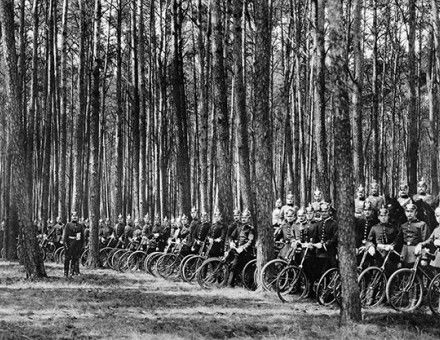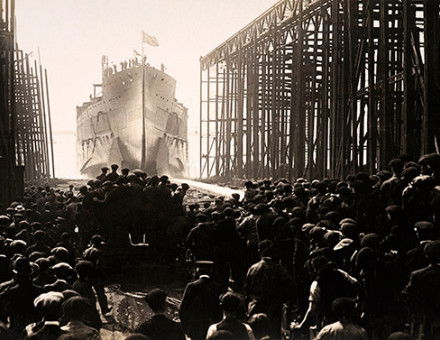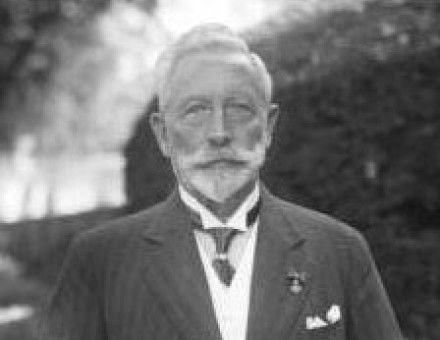First World War
The Centenary of Churchill
John Colville's personal appreciation of Sir Winston’s work and character
In Focus: Bicycle Battalions
Peering through the pines, a German cycle company of the First World War is captured on camera. Roger Hudson explains.
Turkey’s Momentous Moment
The entry of Turkey into the First World War may have extended the conflict by as much as two years. It certainly changed the country forever. Yet the advent of war was marked by confusion, uncertainty and shifting alliances, says Ian F.W. Beckett.
The Kaiser in Exile
Exile to the Netherlands following the First World War chastened Kaiser Wilhelm II, but Robin Bruce Lockhart cannot believe that the former ruler of imperial Germany was ever either the mountebank, or the monster, which his biographers have tried to make him.
Lettow-Vorbeck: The Uncatchable Lizard?
The German First World War commander Paul von Lettow-Vorbeck has been described as the 20th century’s greatest guerrilla leader for his undefeated campaign in East Africa. Is the legend justified?
The Anglo-Japanese Alliance 1902-1952
J.D. Hargreaves reviews the delicate truce that existed between Britain and Japan in the early years of the twentieth century.
Christmas 1914, and After
The outrage that Christmas was tarnished by the ugliness of the First World War was felt by both British and German soldiers. In some cases, it led to a brief moment of truce.
The Campaign in German East Africa
C.E. Hamshere shows how, a fortnight after the Armistice of 1918, the elusive German Commander in East Africa surrendered at Abercorn in what is now Zambia.
The Genesis of the Western Front
How did the Allied Powers become committed to fighting the First World War on the Western Front, so that Germany, until near the end, always held the initative? John Terraine investigates.








